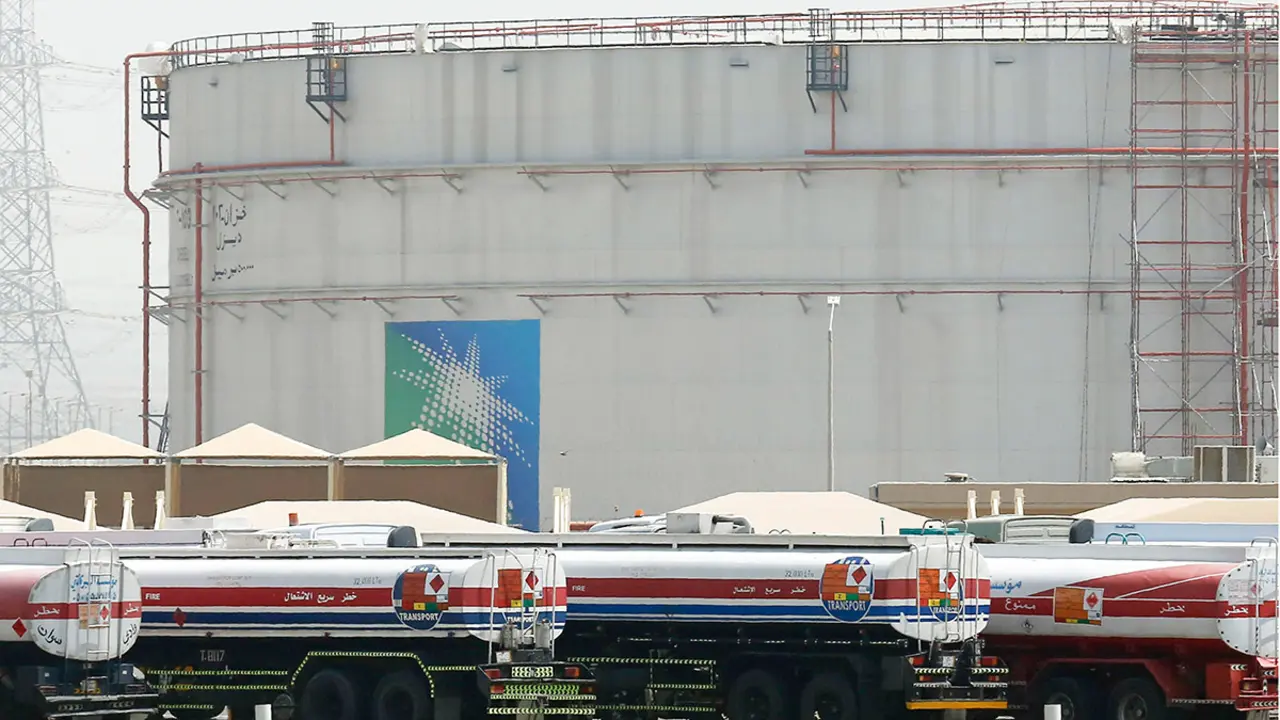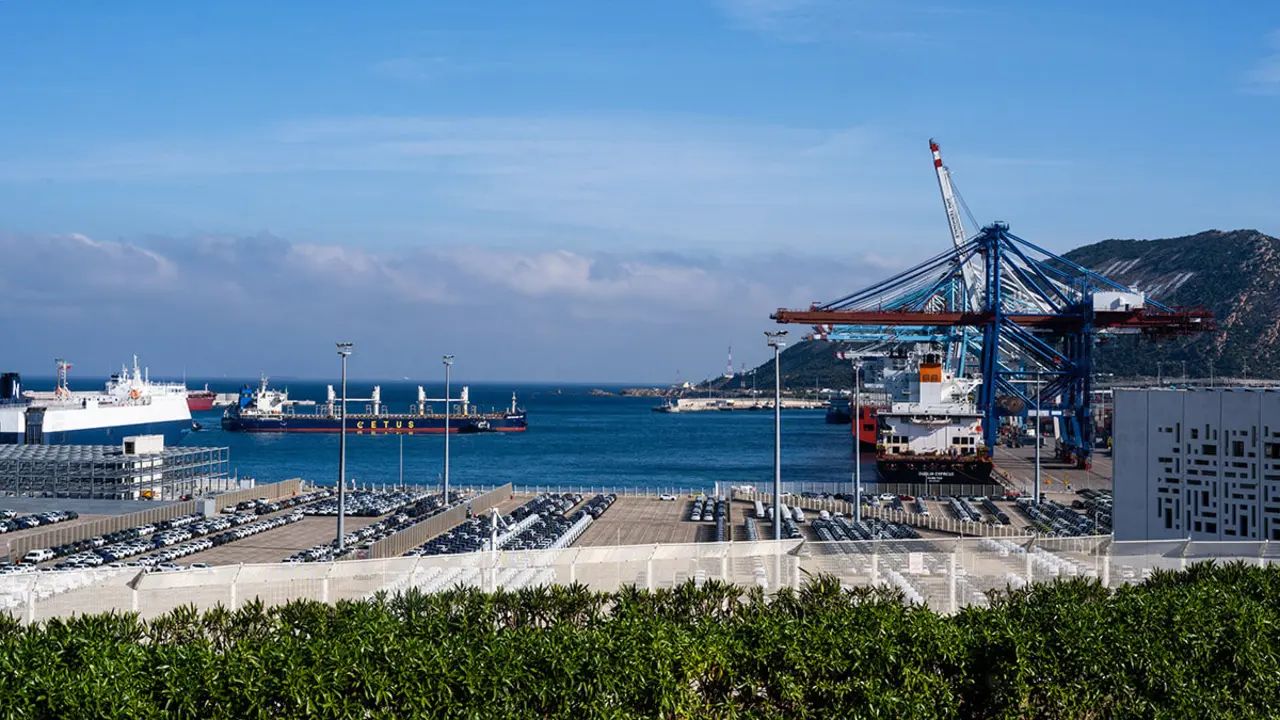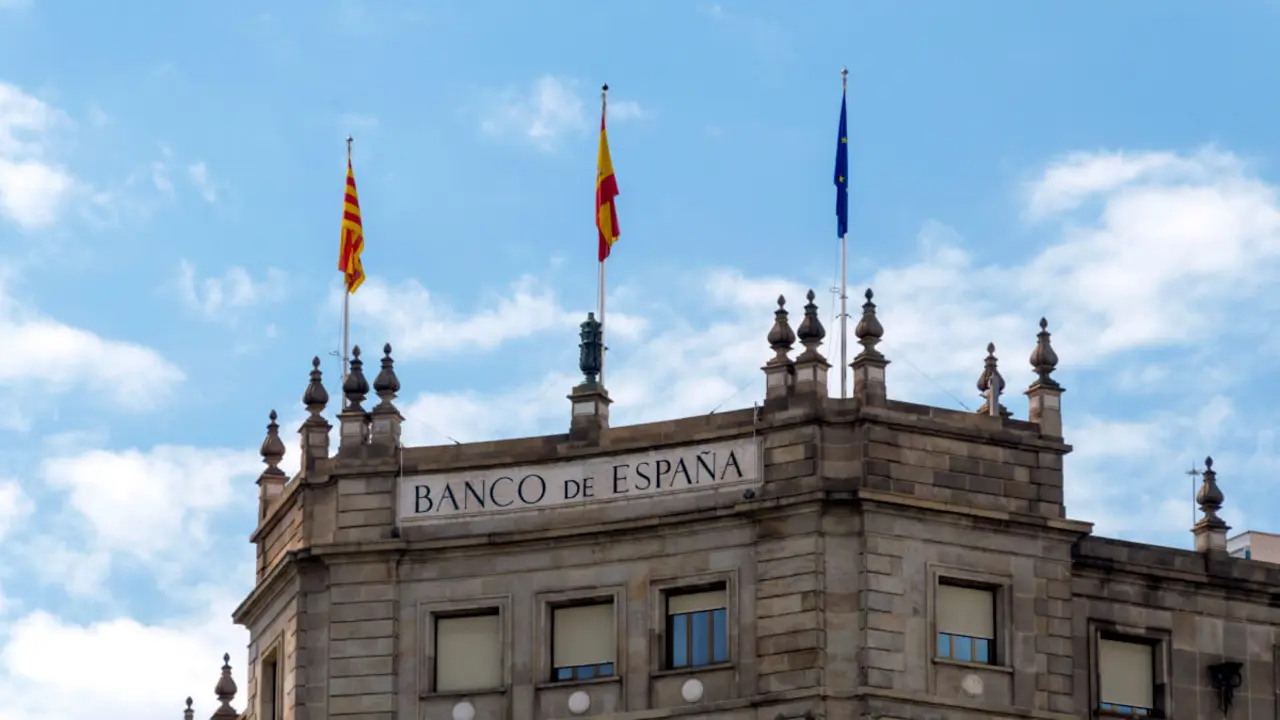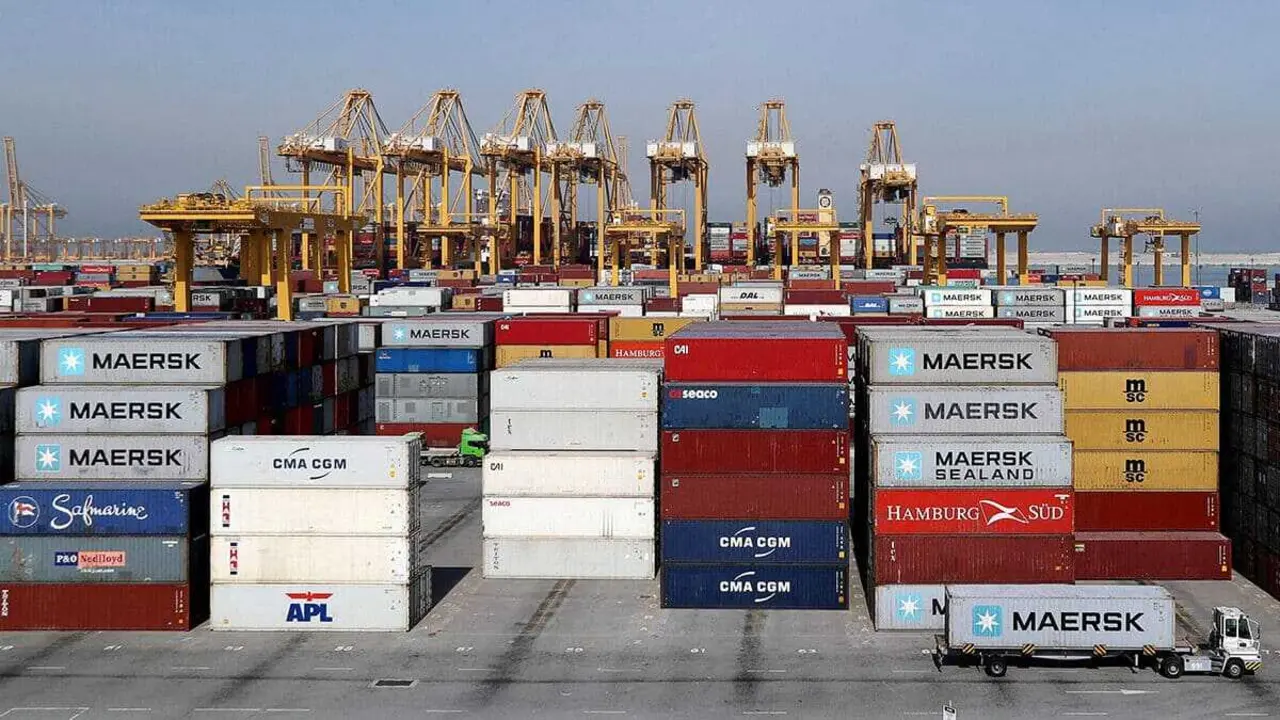Experts gathered by the Exporters' Club say the foreign sector will maintain its strength in the short and medium term
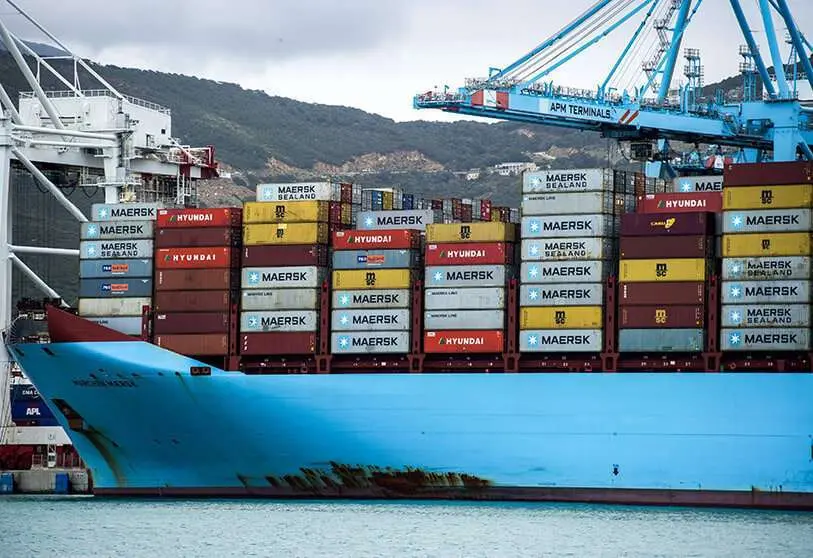
Experts gathered by the Spanish Exporters and Investors Club and Iberglobal are optimistic about the evolution of the Spanish foreign sector in the short and medium term, and even predict that it will exceed the growth rates of its main European competitors, despite the current climate of global economic and political uncertainty. In this way, Spanish exports would continue with the positive evolution accredited in 2022, when they grew by 22.6% in the January-October period (latest available calculation), above Germany (14.6%) or France (20.5%).
This was stated by Miguel Iraburu, president of the "Competitiveness Barometer" Working Group of the Círculo de Empresarios; Juan de Lucio, professor and researcher at the University of Alcalá (UAH), and Enrique Fanjul, managing partner of the consultancy firm Iberglobal, in a webinar moderated by Rafael Ruiz-Villar, coordinator of the Reflection Committee for Internationalisation of the Exporters and Investors Club and president of the Social Projects Platform, to analyse the business environment in Spain and its effects on internationalisation in 2023.
According to Enrique Fanjul, director of Iberglobal, Spanish companies operating abroad are adapting to the structural changes taking place in international markets, which basically consist of a greater weighting of the criterion of security in the supply chain over factors such as efficiency or profitability. This aspect is already being reflected in the geographical structure of Spain's trade relations, which now point towards a greater concentration of trade with Europe. "If in 2019 the Old Continent absorbed 72% of Spanish exports, by the end of 2022 this proportion has risen to 73.8%, and it is possible that the trend will become even stronger in the medium term," said Fanjul.
Juan de Lucio, professor and researcher at the University of Alcalá (UAH), was of the same opinion, underlining the fact that Spanish companies may have an opportunity over their European competitors due to lower energy costs. "Despite the negative international context, Spain may also have the possibility of doing things better than Germany, France or the United Kingdom, which will allow our companies to achieve slight improvements in their international market share," he said.
All of this, in a global context in which we will witness a fall in international trade of more than 2 points, to 2.5%, and a lower overall GDP growth of around 3%, according to the latest estimates of the International Monetary Fund.
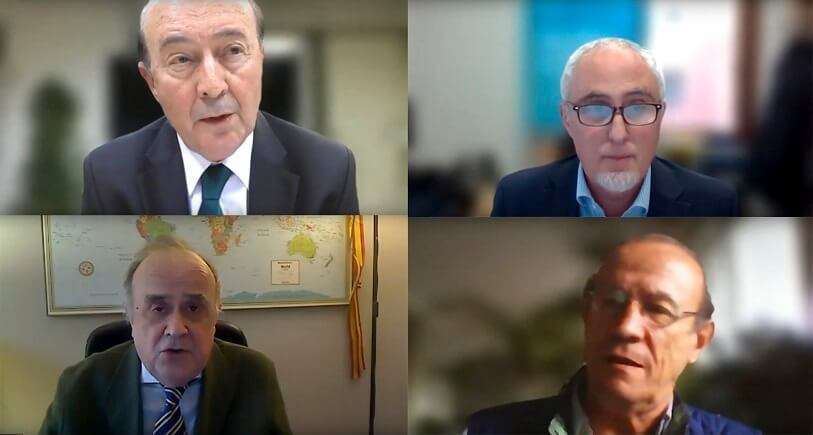
Miguel Iraburu, president of the "Competitiveness Barometer" Working Group of the Círculo de Empresarios, pointed out during the conference to different factors that contribute to the good performance of the Spanish foreign sector, and which are included in a survey carried out by the Círculo de Empresarios: "The data indicate that value for money, adaptation to the needs of customers and the design and technology of the products offered by Spanish companies are key to the international competitiveness of our companies", he said.
Regarding the effects that inflation may have on the internationalisation of Spanish companies, Juan de Lucio believes that it will not have a negative effect on Spanish exports and points out the competitive advantage that Europe will have over the United States due to better financing conditions. The expert also pointed out the good inflation figures that Spain has compared to its main European competitors.
Contrary to this opinion was Miguel Iraburu, who highlighted the importance of the underlying inflation figure: "Although the inflation figure is good, underlying inflation in our country stands at 6.9%, which is the worst figure in our environment and could mean a significant disadvantage in foreign trade", he warned.
To conclude, the experts expressed their concern about the scant transfer to date of Next Generation funds to the Spanish business fabric and pointed to the management difficulties encountered by the Public Administrations as one of the causes.
In relation to this point, Miguel Iraburu, president of the "Competitiveness Barometer" Working Group of the Círculo de Empresarios, pointed out that the management of such enormous figures (around 70,000 million in non-refundable subsidies and 84,000 million in soft loans) poses a problem for their execution in such a short period of time, until 2026. For this reason, he considered it a good option to opt for a management model like the Italian one, with the participation of technicians from the private sector.

